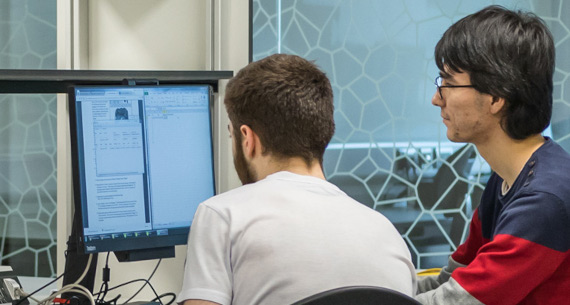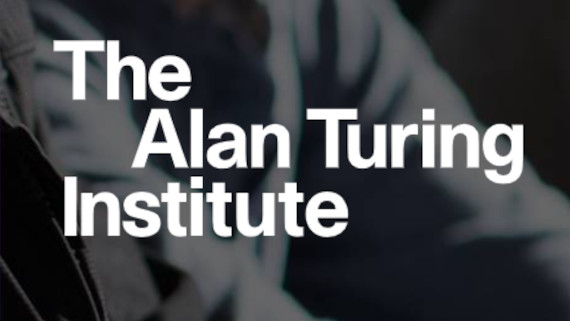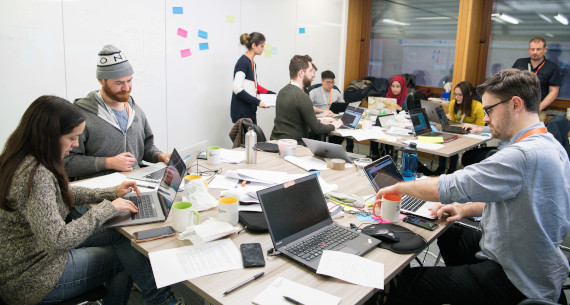
The Alan Turing Institute
The Alan Turing Institute is the national institute for data science and artificial intelligence, with headquarters at the British Library. The institute was created as the national institute for data science in 2015. In 2017, as a result of a government recommendation, they added artificial intelligence to their remit. They are a collaborative hub, with roots in universities and centres of research excellence across the UK, and strong links to a growing network of industry, public sector, and third sector partners.
Five founding universities – Cambridge, Edinburgh, Oxford, UCL and Warwick – and the UK Engineering and Physical Sciences Research Council created The Alan Turing Institute in 2015. Eight further universities – Manchester, Leeds, Newcastle, Queen Mary University of London, Birmingham, Exeter, Bristol, and Southampton – joined the Institute in 2018.
They collaborate with universities, businesses and public and third sector organisations to apply this research to real-world problems, with lasting effects for science, the economy, and the world we live in. The institute’s mission is to make great leaps in data science and artificial intelligence research in order to change the world for the better. Research excellence is the foundation of the Institute: the sharpest minds from the data science community investigating the hardest questions.
Our researchers collaborate across disciplines to generate impact, both through theoretical development and application to real-world problems. They are fuelled by the desire to innovate and add value. The institute has three ambitious goals:
- Advance world-class research: innovate and develop world-class research in data science and artificial intelligence that supports next generation theoretical developments and is applied to real-world problems, generating the creation of new businesses, services, and jobs.
- Train the leaders of the future: train new generations of data science and AI leaders with the necessary breadth and depth of technical and ethical skills to match the UK’s growing industrial and societal needs.
- Lead the public conversation: through agenda-setting research, public engagement, and expert technical advice, drive new and innovative ideas which have a significant influence on industry, government, regulation, or societal views, or which have an impact on how data science and artificial intelligence research is undertaken.
Being a national institute enables them to deliver benefits that a single university could not deliver alone. They break down disciplinary boundaries; at the Turing, computer scientists, engineers, statisticians, mathematicians, and scientists work together under one shared goal, with no departmental boundaries.
Crucially, we are a convening power, bringing together the best talent in the data science and AI community to speak to industry, policy-makers, and the public.



